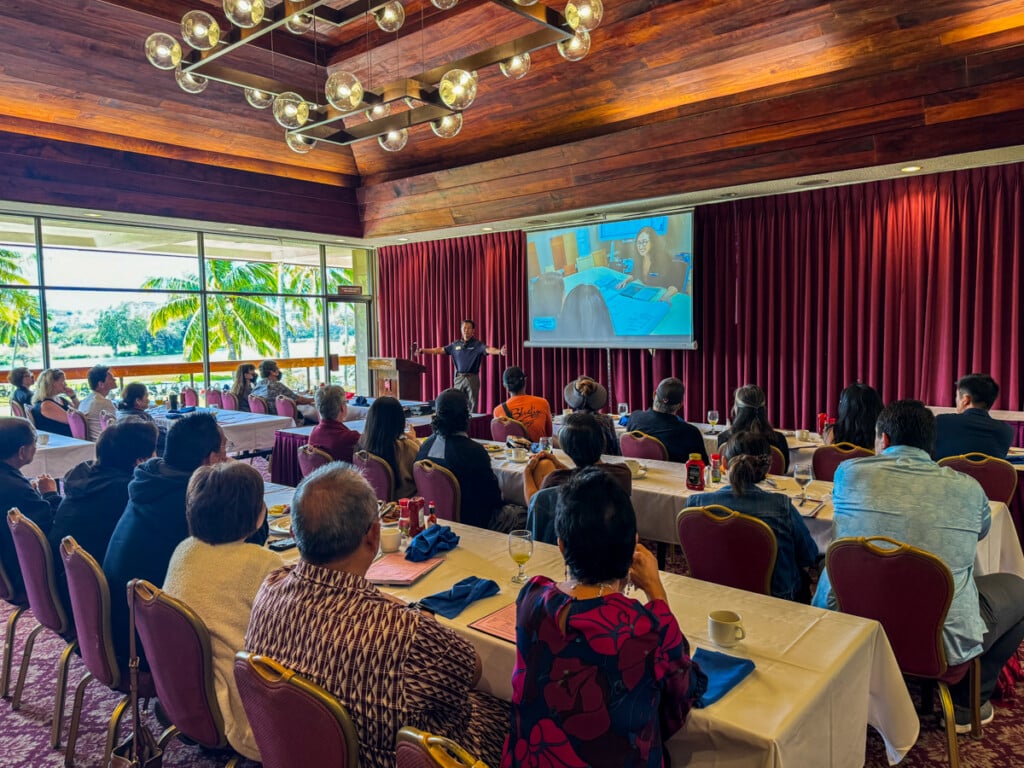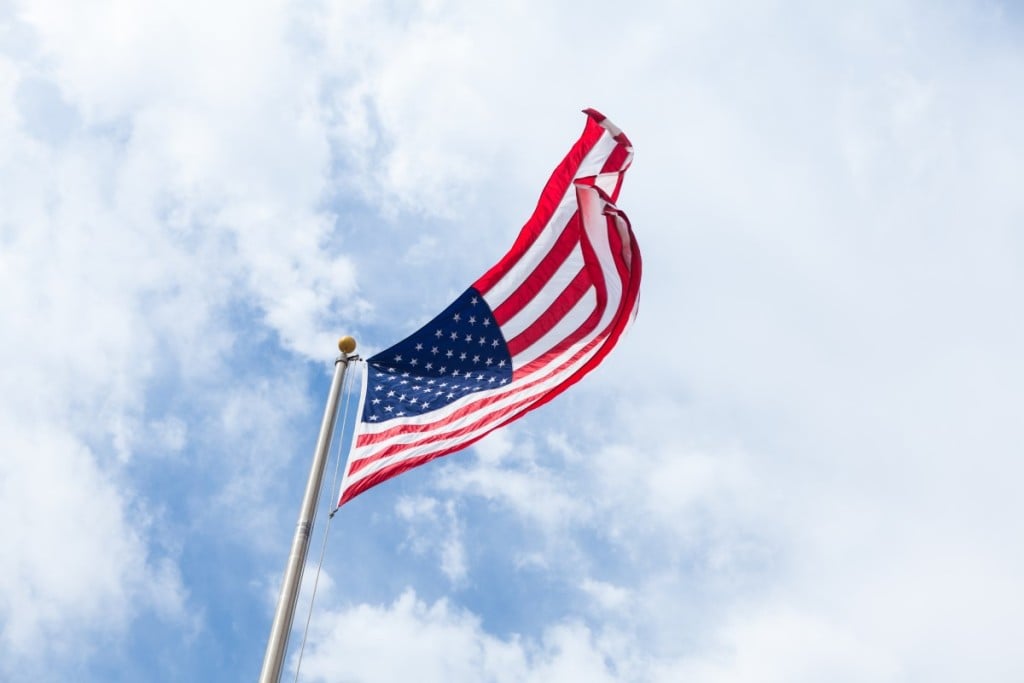Advocating for Native Hawaiian Programs Amid Federal Cuts
Federal cuts and policy shifts are threatening various programs that support Native Hawaiian health care, housing, education and more.

Photo: rarrarorro via iStock/Getty Images Plus
From housing to health to education to disaster recovery, Native Hawaiian programs are at risk of losing millions due to federal funding cuts and policy shifts.
The Council for Native Hawaiian Advancement’s Kāko‘o Maui Recovery Program has already faced workforce losses due to federal cuts that affect Maui’s wildfire survivor assistance. In March, Office of Hawaiian Affairs chair Kaiali‘i Kahele, CNHA CEO Kūhiō Lewis and CNHA chief of staff Nick Carroll traveled to the U.S. Capitol to advocate for Native Hawaiian interests. They met with U.S. Sens. Brian Schatz and Mazie Hirono and Reps. Ed Case and Jill Tokuda, among others.
SEE ALSO: Donations to Maui Are Flowing In
“A primary focus was advocating for Native Hawaiian programs that risk being misclassified under DEIA (Diversity, Equity, Inclusion and Accessibility) or as environmental justice initiatives,” Kahele says.
In his first month in office, President Donald Trump signed an executive order rolling back DEIA policies and programs. “We’ve tried to distinguish ourselves as not part of DEI,” Lewis says. “We’re getting lumped in … largely due to people not understanding Native Hawaiians, or the difference between Native Hawaiians, Alaska Natives, Native Americans. But we’re an Indigenous people of America.”
The leaders fear executive orders could prevent Native Hawaiian businesses that benefit from the Small Business Administration’s Native 8(a) business development program from receiving federal contracts. Funding from the Native American Housing Assistance and Self-Determination Act, which supports the Hawaiian Homes Commission Act, could also be delayed or reduced. Also, the Native Hawaiian Education Act could potentially lose $30 million in funding, which would affect Hawaiian immersion schools and other educational programs.
“We are extremely concerned about the renewal of some of our Hawaiian education program funds and its impact on our pūnana leo (campuses) and our immersion programs,” Lewis says. “The housing programs that help fund Department of Hawaiian Home Lands [are also] at stake. Who knows what’s going to happen next time that goes up for renewal.”
And potential cuts to the Native Hawaiian Health Care Act “could limit access to critical health services, increasing health disparities in the Native Hawaiian community,” Kahele says.
Sheri Daniels, CEO of the nonprofit Papa Ola Lōkahi, established under the act to improve the health and well-being of Native Hawaiians, says the organization “stands ready” to preserve the act for the health and well-being of kānaka maoli. “We already see that there will be changes in funding and other areas of the federal government, but are working to better understand those pivot points to leverage our established partnerships and collaborations … to support and uplift our lāhui.”
SEE ALSO: How Healthy Are We, Really?
Kahele emphasizes that the public can get involved by advocating for these programs. He suggests spreading awareness through social media or community events. He also says to contact congressional representatives to urge support for Native Hawaiian education, health care and housing.
Lewis says he sees opportunities to work with the new administration and is looking for ways to overcome challenges arising for the various programs. “I think it starts with educating them on how these programs affect people, affect our culture, but it also holds America accountable for past deeds,” Lewis says. “We’ve lost all of our land, we’ve lost significant parts of our way of life. And this is helping us to perpetuate our culture, so that Native Hawaiians continue to exist, our culture continues to exist.”










